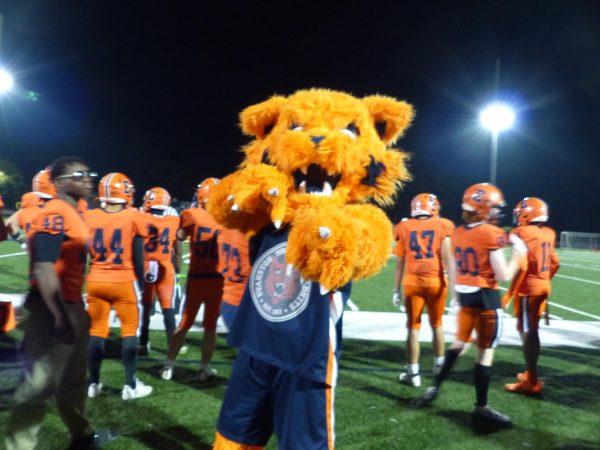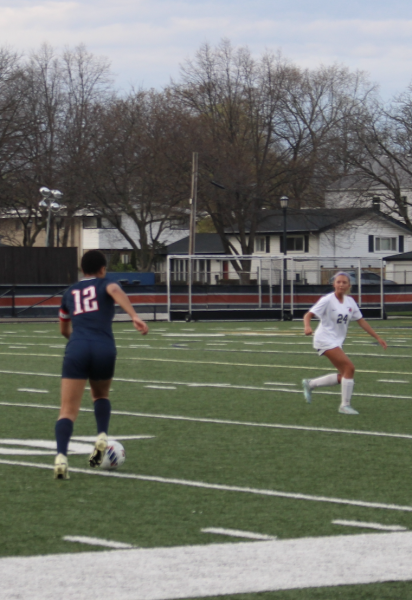Lessons from sports important regardless of future plans

May 24, 2018
High school is perhaps the most unique period in an athlete’s career. It is when sports become a commitment rather than a hobby, when the hard working are separated from the complacent. High school is a period of development for athletes, when the most important lessons learned are not from play books or gameplans, but from the lessons carried into everyday life.
Prior to freshman year, the majority of sports are played purely for fun. The spectators are mostly parents, emphasis is placed primarily on fundamentals, and often everyone who wants to play gets to play. But as high school begins, the stakes become higher. Even on no-cut teams, players are separated and evaluated by skill level. Teams play to win, not to give everyone a chance. Suddenly, players as young as 14 are idolized by their peers after victories and critiqued by professional reporters in the local newspapers.
The pressure this transition places on developing athletes is enormous — especially considering that ultimately, the stakes in high school sports are relatively low. Coaches are far less likely to be fired for poor performance than they are at the college and professional levels, and the IHSA is far from the multi- billion dollar industries of the NCAA, NBA or NFL.
Being able to work through adversity, channel ridicule into motivation and execute despite the possibility of failure are skills which are applicable to essentially any college or career path.
Regardless of what we learn from high school sports, there is a bigger question — why do we care about high school sports? Is it just the strength of our school spirit which drives athletes to practice late into the afternoons every day? Is Wildkit Pride what motivates students to come out on a Friday night in the rain to watch a football game? Do we really just hate New Trier that much?
High school sports give us something we cannot get anywhere else. Of course cheering for our classmates strengthens our community, and basketball games are fun time, but it is deeper than that. The thing that drives students to tryout for teams when they know they have no shot of continuing to play in college is the same thing that makes fans come to games, and it’s the same thing that makes me create myself in Madden every year. It gives us a taste of the “real thing.”
This realization makes it easy to become jaded. Once one realizes their fandom or their participation in sports is an ill substitute for the real thing, it is far too easy to forget the meaningful experiences and lessons we can take from high school sports.
When I was little, I wanted to play in the NFL more than anything. I still want to play in the NFL more than anything. Considering I only played one year of organized football, in which I never saw the field and suffered several concussions, I know that my dream is likely unobtainable. Still, the rush and adrenaline that comes with making a tackle in practice or running out on the field before a game gave me a joy I have since been unable to replicate. I am grateful for that experience, along with all the other experiences that high school sports has brought me.
Regardless of if your experience with high school athletics was from the stands, on the sideline, or staring in competition, the experiences and lessons from high school sports are unique and invaluable.














